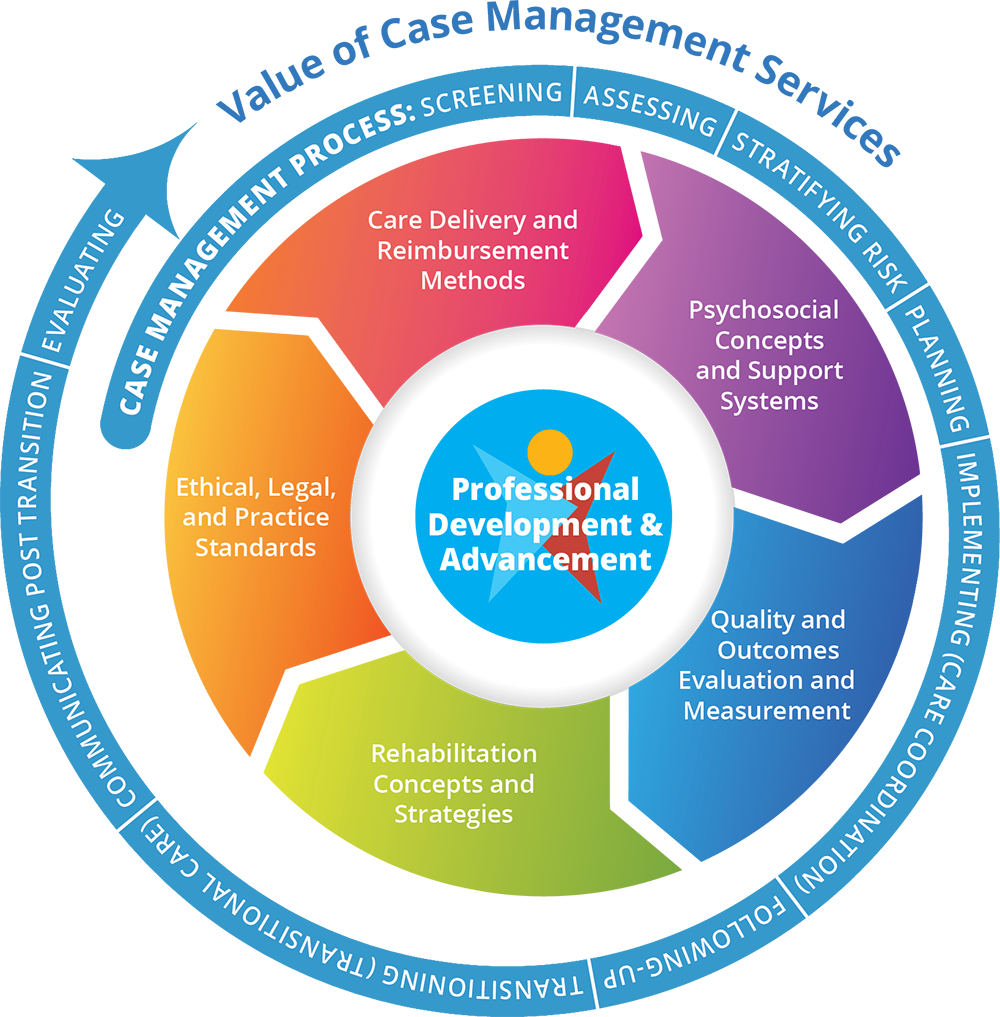The Code proceeds logically from a preamble to principles, to rules, and finally to standards. In ethics literature, statements of principle are general and inevitably vague in their application. Indeed, the Code’s preamble admits that “[t]he Principles … are advisory in nature” (2015, p. 2). But following the eight principles are six rules of conduct and then 26 standards.
 The “principles to rules to standards” trajectory enables the Code to apply the more abstract principles to concrete case management situations
The “principles to rules to standards” trajectory enables the Code to apply the more abstract principles to concrete case management situations
The Code first states that “violation of any of these rules may result in disciplinary action by the Commission up to and including revocation of the individual’s certification” (2015, p. 3). The movement from principles to rules is thus the movement from guidance to adherence.
The rules as well as the standards that follow are no longer advisory or a set of recommendations. They are specific requirements for you, the board-certified case manager (CCM). You are expected to adhere to them at all times.
The preamble emphasizes the ethical tone of the entire Code: “The basic objective of the Code is to protect the public interest” (2015, p. 2). Principle 1 further supports this: “Board-certified case managers (CCMs) will place the public interest above their own at all times” (2015, p. 3).
The idea that the case manager or “moral agent” must place the interest of the individual to whom ethical or professional obligations are owed above her/his interests is central to Western ethics.
 The very grammar of ethics requires the board-certified case manager to do his/her duty toward others (the client/support system) or to further the good (i.e., the benefit of the care experience) of anyone to whom he/she is obligated.
The very grammar of ethics requires the board-certified case manager to do his/her duty toward others (the client/support system) or to further the good (i.e., the benefit of the care experience) of anyone to whom he/she is obligated.
We never say that someone has acted “ethically” when she/he has acted purely from self-interest, ¬although this doesn’t necessarily mean that the individual has acted unethically. The case manager, for example, who buys a lottery ticket and wins a million dollars has acted neither ethically nor unethically. She has simply taken self-interest measures that resulted in good fortune. But when she donates a significant sum of that money to a local charity, society in general would naturally esteem her virtuous, ethical, and “other-regarding.”
On the other hand, the case manager who influences a workers’ compensation client to see a particular physician because she knows that physician will say and do whatever she wants obviously acts unethically. Others would repudiate her behavior because this case manager is not acting for the good of her client but from a place of self-interest – in this case pleasing her employer and thus protecting her job.
Consequently, when you are facing an ethically challenging situation, if you can persuasively justify your decision by explaining how it fostered or advanced your client’s welfare, your behavior might ultimately be acceptable, especially assuming you otherwise broke no laws, nor violated any relevant ethical rules, principles, or standards.
This characteristic of ethical behavior is important from the outset. If you are faced with an ethical dilemma, you should ask yourself:
- “What if my decision became publicly known?”
- “What if it were reported to CCMC?”
- “Did I violate any laws, standards, or regulations?”
- “Would I be able to explain my behavior in terms of how it was intended to favorably affect my client’s well-being?”
If you have considered all the reasonably available options in answering the above questions– in other words, the ones that conform to the law, to case management standards, and to what are reasonably allowed for your client – it is hard if not impossible to see how you can be ethically blamed for a decision that best serves your client/support system.

